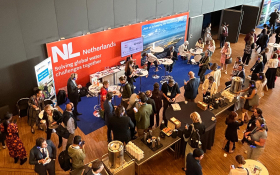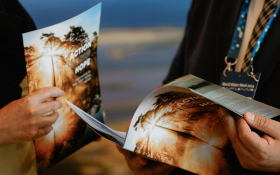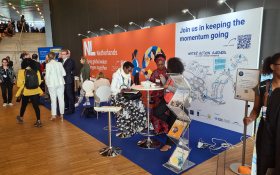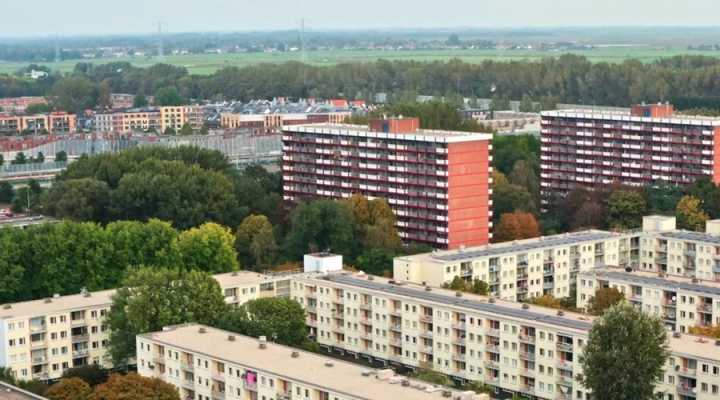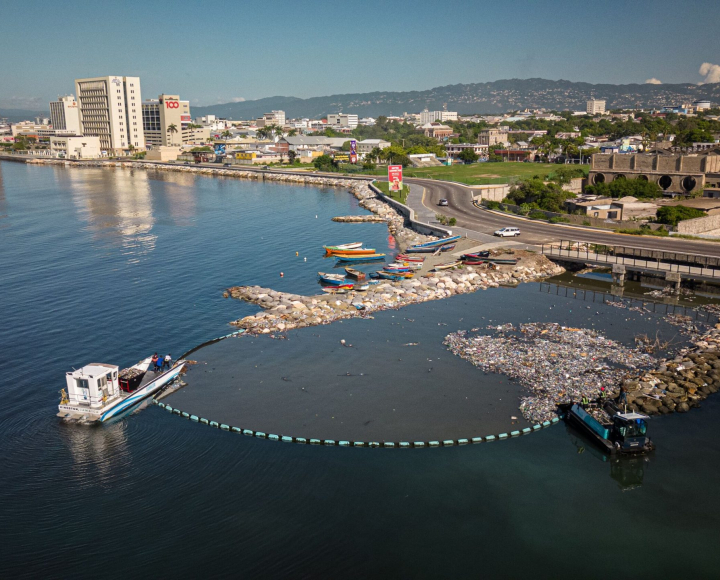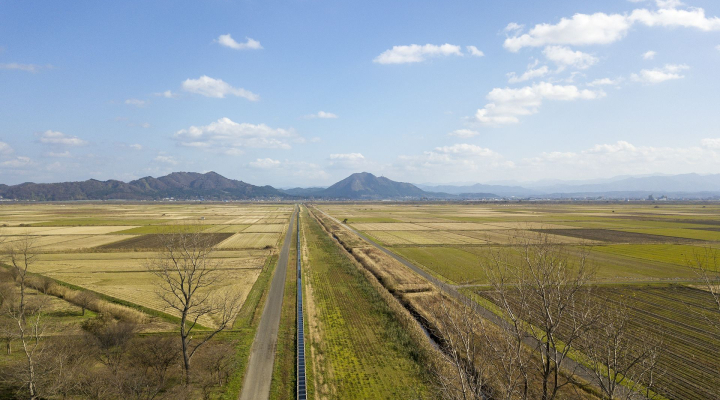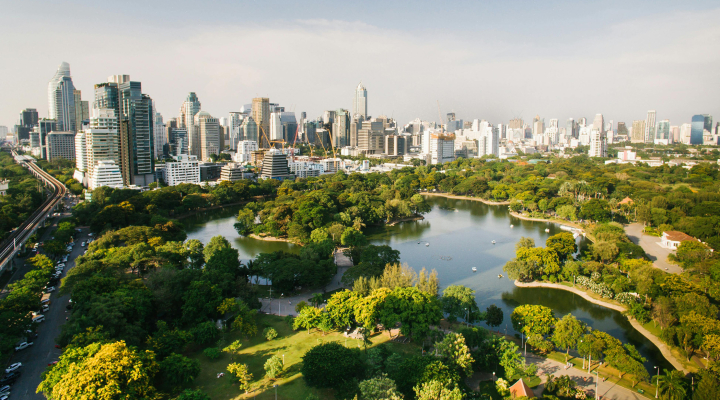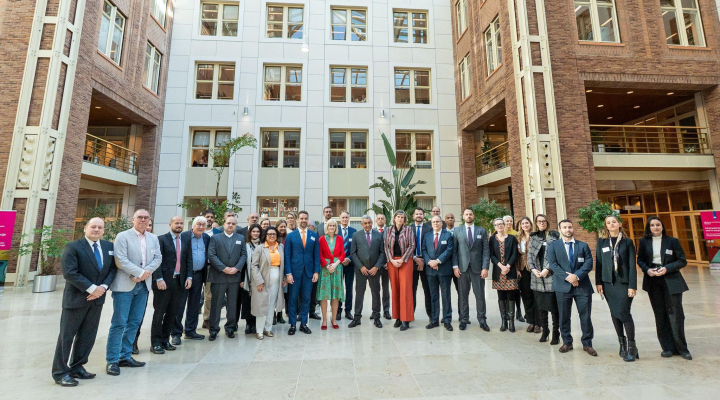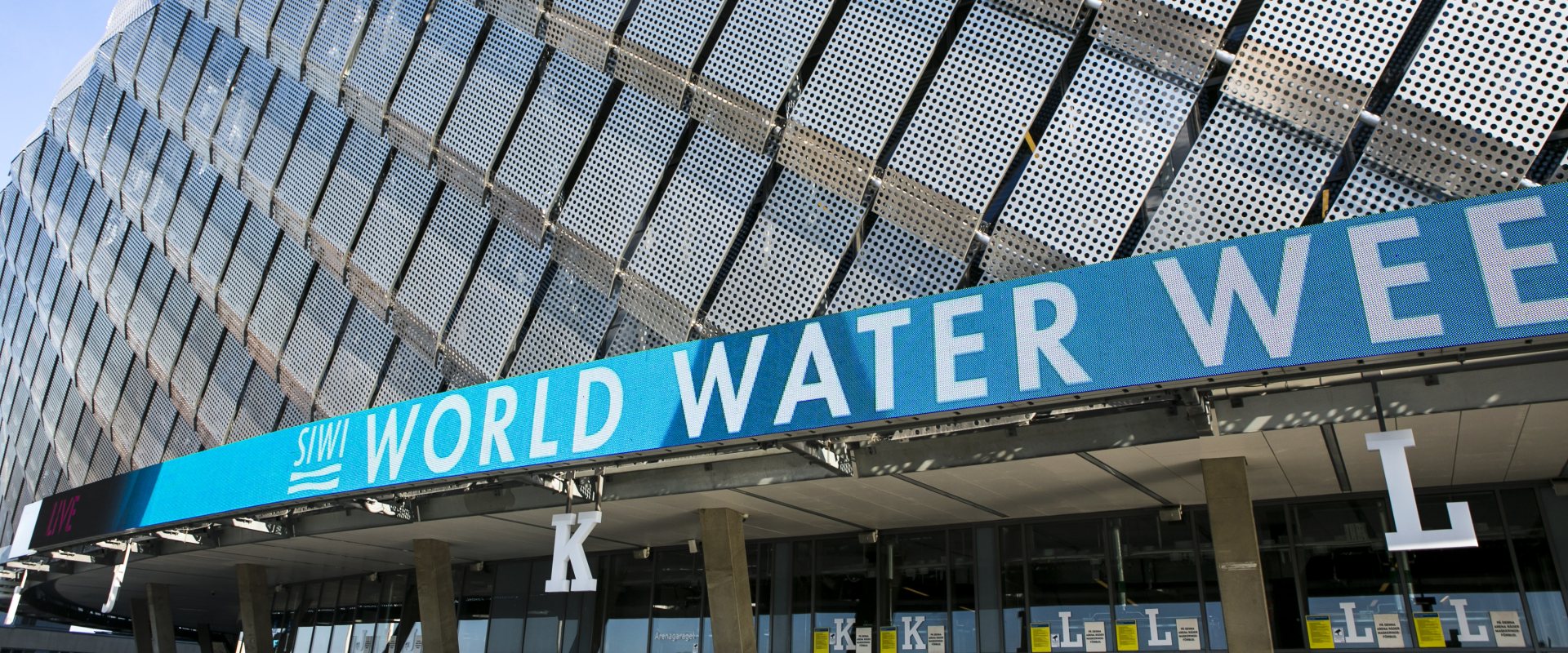
WWWeek at home: Kick off with focus on water and climate change
This year’s edition of Stockholm World Water Week will be online and can be followed from your home or office. Daily and free of charge, experts are giving presentations and facilitating conversations on the most pressing global water issues.
Stockholm At Home kicks off on Monday 24 August and closes on Friday 28 August. This year’s central theme is Water and Climate change.
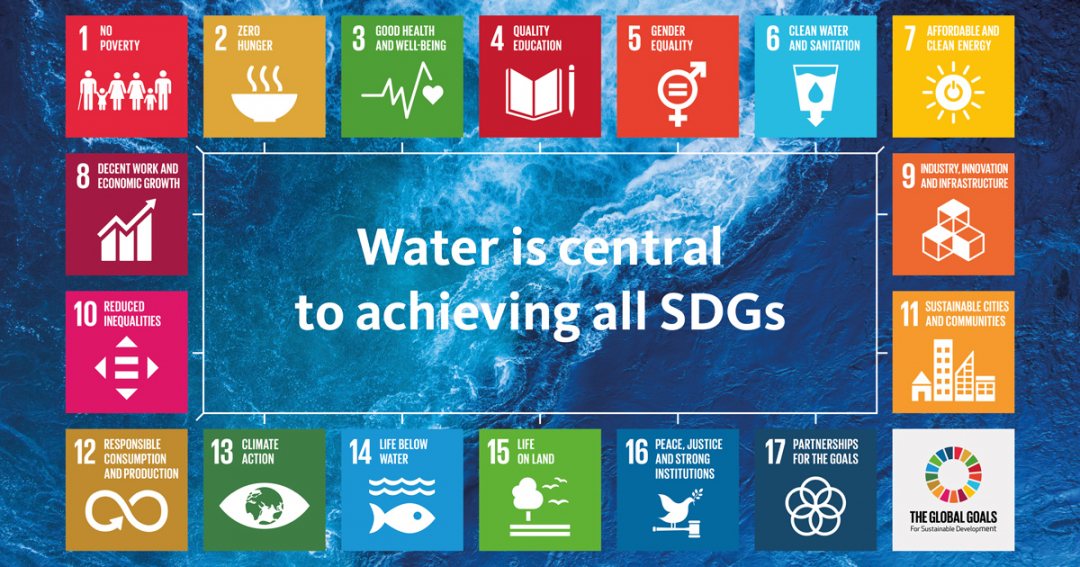

Water and climate
Throughout the week experts will be challenged to come up with new solutions to create a more resilient society that can cope with more extreme weather situations and sea level rise. One of the solutions is the creation or restoration of wetlands. Wetlands not only supply fresh water at low costs, but also store CO2. These multi-benefits also apply on coastal mangroves. These nature-based solutions stop the erosion of the coast, break waves and reduce flood risks.
Many water experts are already convinced of the benefits of nature-based solutions and make a plea for scaling up the implementation. The problem however, is that this requires a break with traditional infrastructure that is based on firm concrete construction designed on a drawing board.
During WWWeek At Home the water community will discuss new ways for water management that is necessary to create climate resiliency.
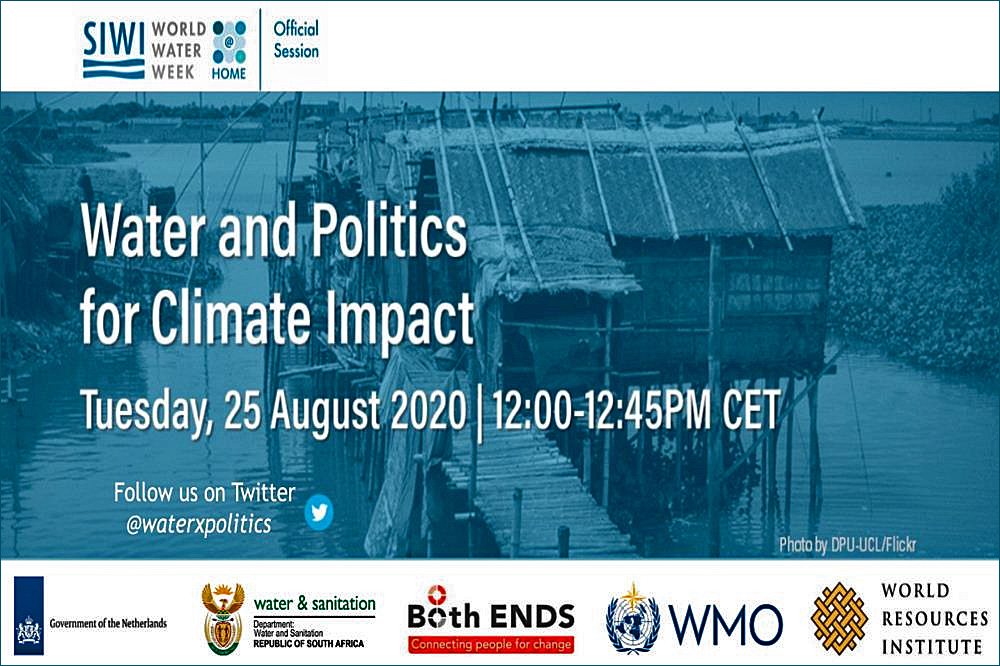

WASH services still weak
Prior to the event, Stockholm World Water Institute (SIWI) and UNICEF have mapped what has been done in 84 countries around the world to improve handwashing in response to the COVID-19 pandemic. While mapping shows regional differences, the common factor is the promotion of hygiene and other personal care measures . The promoting, however, did not always match with the assured availability of soap, water, and handwashing facilities.
According to the writers of the first mapping WASH services are still weak and need additional focus, particularly in rural areas and small towns, and in schools. COVID-19 and the need for water and soap for handwashing will be often mentioned during the whole event.
What to expect
The whole week (10.15-16.30 hrs) there is the 'Week on Water for Development (WW4D)' events with every day a different theme: climate resilience (Monday), financing (Tuesday), risk reduction (Wednesday), WASH/Covid (Thursday) and gender (Friday).
On Monday (14.00 hrs) the official ministerial panel session will take place with water ministers from all over the world sharing their views and messages.
On Tuesday (14.00 hrs) Crown Princess Victoria of Sweden will, as always, announce the overall winner of the Stockholm Junior Water Prize. This year the award ceremony will include the winners of the public voting.
Other sessions (editor's pick):
- Tuesday, 12.00 hrs: 'Water and Politics for Climate Impact' with participation of Dutch water envoy Henk Ovink. What can water practitioners do to help achieve the UN 2030 Agenda and fight Covid-19?
- Wednesday, 10.00 hrs: 'Sinking, shrinking, saltier deltas; how to deal with these issues?' on the future threats for river deltas and the importance of good groundwater management.
- Wednesday, 13.00 hrs: 'Solving the Water-Climate-Puzzle by connecting youth stories and decision-makers' with young water professionals from many different countries using strong narratives to convince decision-makers to stop talking and start taking action.
- Thursday, 14.00 hrs: 'Water as Leverage for Climate Impact and Financing Adaptation' showcasing the Indonesian city Semarang that is making integrated plans to solve water issues and at same time improves the liveability for its citizens.
See the full programme on the website of World Water Week. The sessions are organised by different institutions and all use different procedures, so be sure to check beforehand if you need to registrate to join a session.




